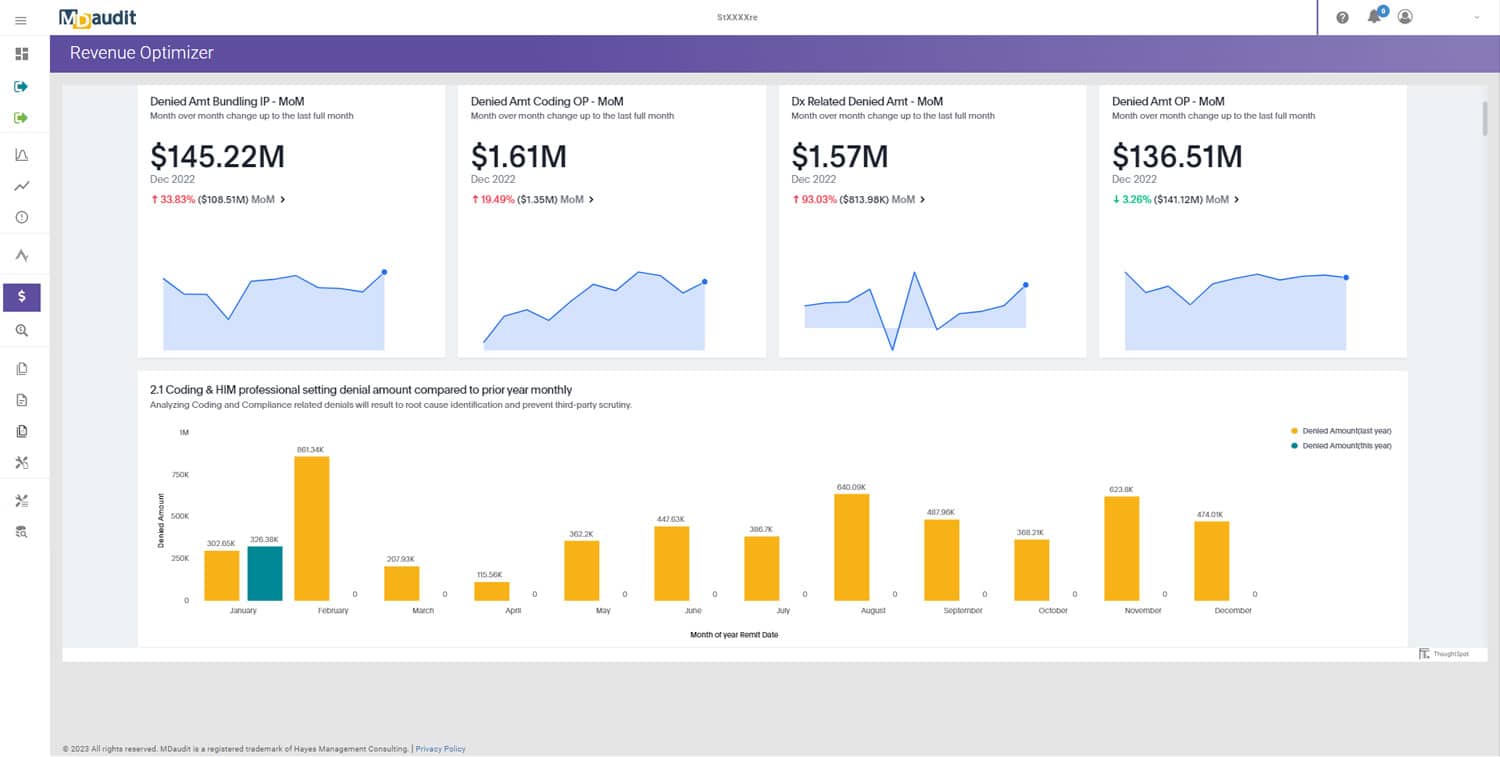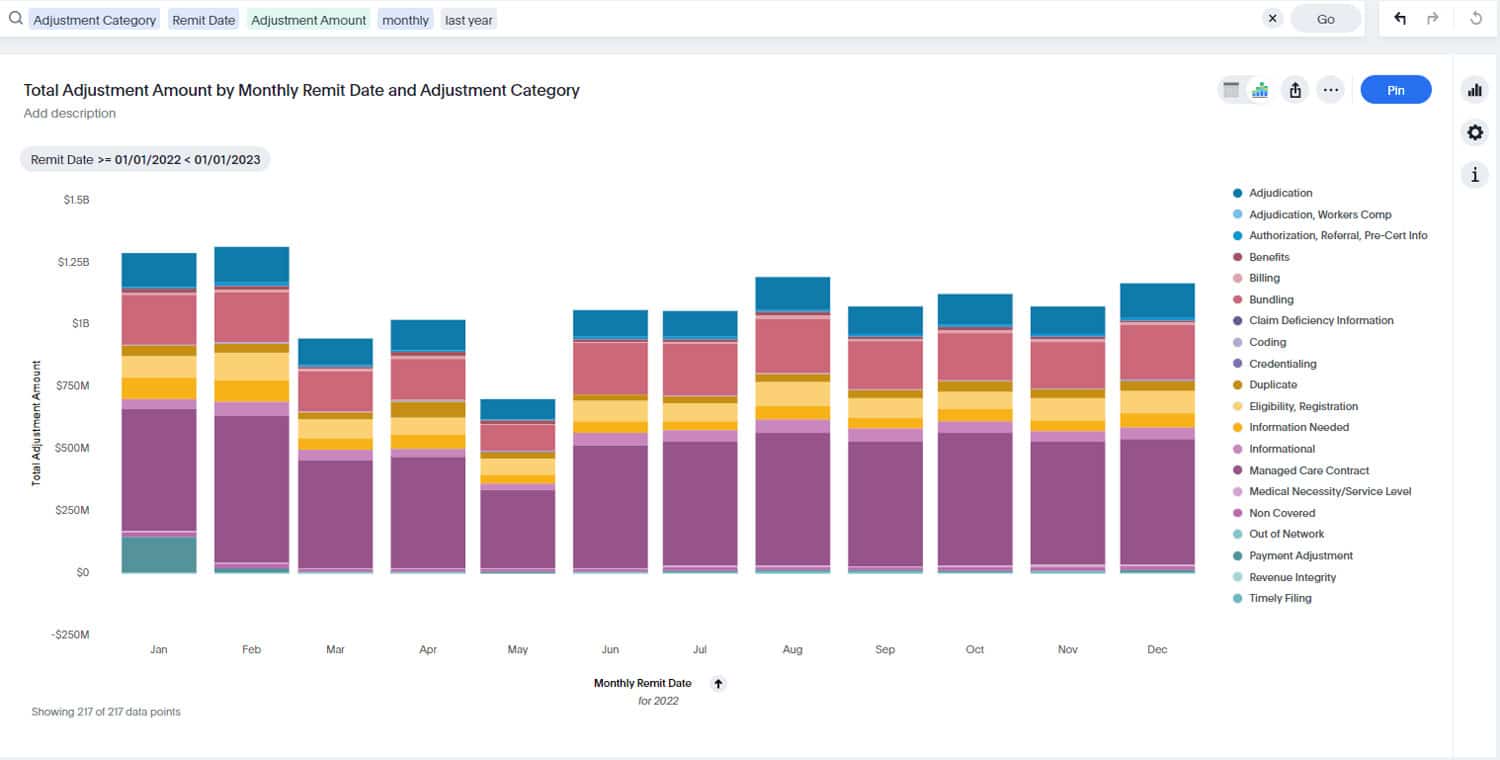Claim denials stand as a barrier to seamless revenue cycles and patient care. Understanding the intricate web of responsibilities behind claim denials and implementing efficient denial routing strategies is crucial for healthcare billing compliance, coding, and revenue teams.
Defining the Claim Denial Process
Claim denials, often viewed as financial setbacks, are not singularly attributed to one party within a healthcare setting. Instead, they stem from various stages of the revenue cycle, implicating multiple stakeholders in the process-
- Frontline Staff: The initial responsibility lies with frontline staff—those interacting directly with patients during registration and appointment scheduling. Errors at this stage, such as inaccurate patient information or insufficient insurance details, can lead to denials.
- Insurance Verification Personnel: Verifying patient insurance coverage accurately and comprehensively is critical. Any oversight or misinformation during this phase could lead to claim rejections or denials.
- Billing and Coding Teams: Coders shoulder significant responsibility in ensuring accurate coding and documentation. Inaccurate coding, improper documentation, or failure to comply with billing regulations could result in claim denials.
- Physicians and Providers: Accurate and detailed documentation of provided services is essential. Incomplete or vague records may lead to denials due to an insufficient justification for billed services.
Efficient Routing Strategies
The efficient handling of claim denials demands a systematic approach and clear delineation of responsibilities within a healthcare facility. Here are five steps to streamline the denial management process:
- Identification and Categorization: Implement a robust system to identify and categorize denials based on their root causes. This step involves collaboration among various departments to pinpoint the source of the denial accurately.
- Root Cause Analysis: Conduct a comprehensive analysis to determine the reasons behind denials. This involves reviewing claims, assessing coding accuracy, evaluating documentation, and identifying patterns or recurring issues.
- Collaborative Resolution: Encourage collaboration among billing, coding, and clinical staff to resolve denials effectively. Establish clear communication channels and protocols to address specific denial types promptly.
- Process Improvement: Use data analytics and insights derived from denials to drive process improvements. Identify recurring issues and implement corrective actions or training programs to prevent similar denials in the future.
- Technology Integration: Leverage advanced healthcare SaaS solutions to streamline denial management. These platforms offer functionalities that automate workflows, track denials, identify root causes, and provide actionable insights for process enhancement.
Claim denials are not solely the burden of one department or individual within a healthcare setting. Effective denial management demands a collaborative effort across various roles and departments. By understanding the responsibilities at each stage of the revenue cycle and implementing robust denial strategies, healthcare organizations can mitigate denials, enhance revenue integrity, and ultimately, ensure optimal patient care. MDaudit’s Revenue Integrity Suite can assist with every step of the denial process, effectively orchestrating routing strategies tailored to your organization.
Learn more about MDaudit’s Revenue Integrity Suite which automates an end-to-end denials prevention process. Together, we can help your organization proactively manage high-impact denials while driving healthy revenue outcomes.








